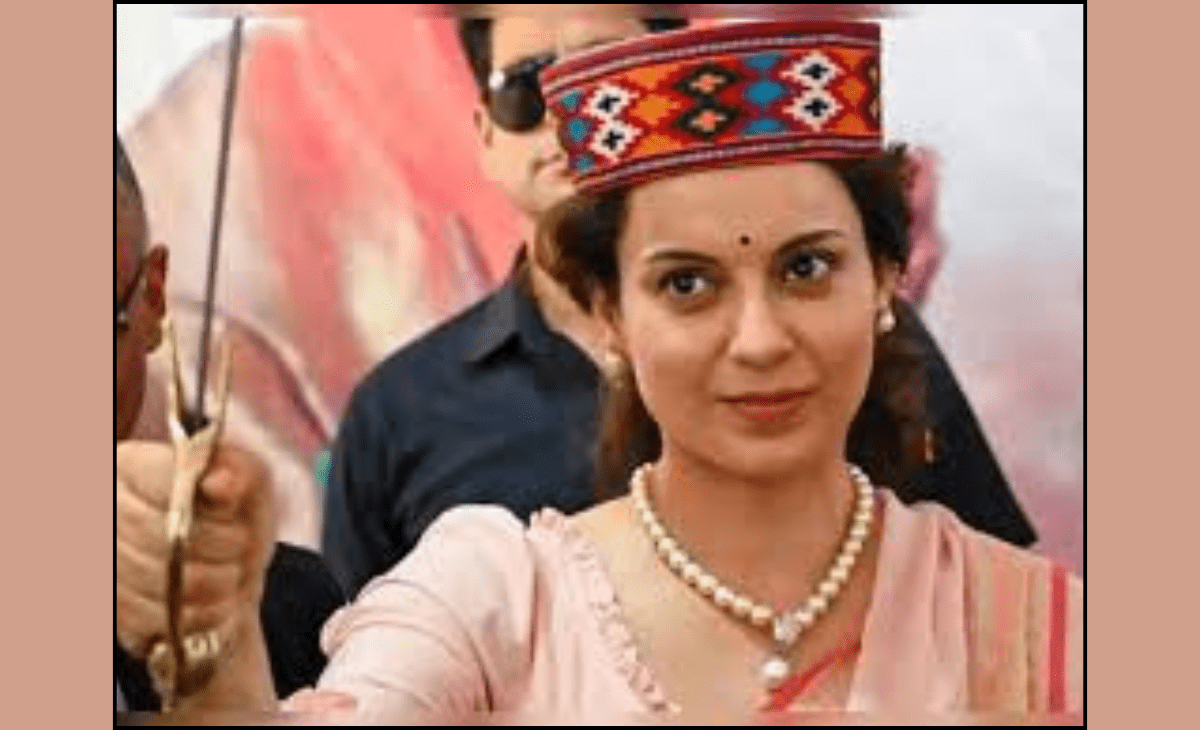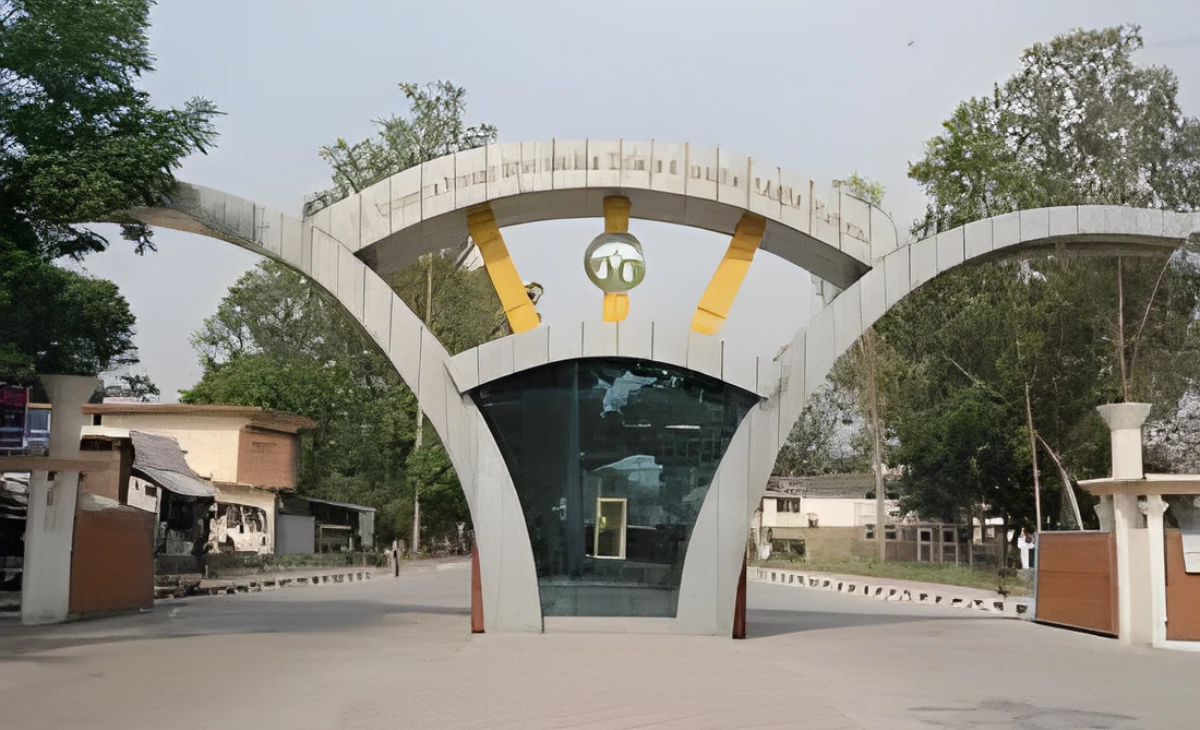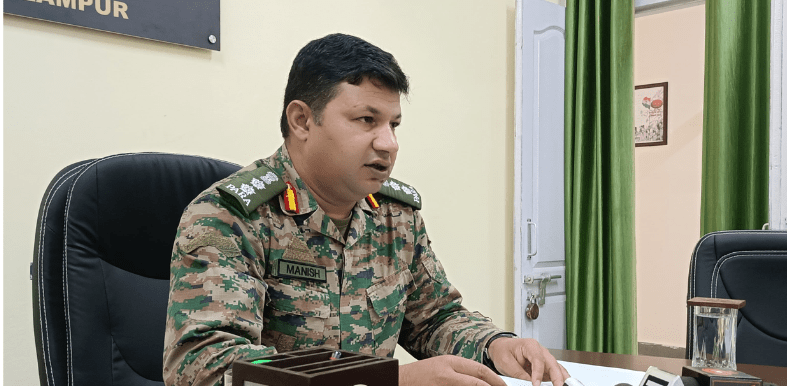Munish Sood
MANDI:
Actress-turned-politician and Member of Parliament from Mandi in Himachal Pradesh, Kangana Ranaut, described the Rashtriya Swayamsevak Sangh’s (RSS) centenary celebrations as a “rare opportunity” to understand the philosophy which, in her words, has been central to shaping India’s identity at the global level.
Talking to the media before the three-day lecture series, Kangana Ranaut said the centenary was like a “workshop for latecomers” such as herself, who came to know the Sangh later in life. “For me, this is a chance to learn more deeply about the RSS ideology that has guided the nation for a hundred years,” she remarked.
The MP also said the RSS had played a significant role in helping India emerge as a Vishwaguru. She expressed pride in having the opportunity to meet RSS chief Mohan Bhagwat, calling it an inspiring experience. In a social media post after the event, she described the Sangh as one of the world’s largest institutions devoted to both personal growth and nation-building. She also reminded that she had earlier spoken about her own “revolutionary ideology” being aligned with the RSS, a point she had shared during a public meeting in Bilaspur in 2023.
Celebrating 100 years of RSS
The centenary gathering not only marked 100 years of the Sangh’s foundation but also reflected upon its long journey since its establishment on Vijayadashami in 1925 by Dr KB Hedgewar. The RSS, leaders pointed out, was not the creation of something entirely new but rather a continuation of India’s age-old national consciousness, which resurfaces in different forms to respond to the challenges of the times.
Over the past century, the Sangh has relied on its shakha system and focus on personal transformation to create lakhs of swayamsevaks who have contributed in diverse fields. During the freedom struggle, Dr Hedgewar himself faced imprisonment, while many swayamsevaks actively supported freedom fighters.
The organisation has also passed through phases of difficulty, including the arrest of its second chief, MS Golwalkar, during a politically turbulent period. Despite such challenges, the RSS remained committed to its core principle of service to society, upholding unity and constitutional values.
From the time of Partition, when swayamsevaks extended help to refugees, to natural disasters in later decades, volunteers of the Sangh have been among the first responders, often working with limited resources but a strong sense of duty. In addition, the RSS has consistently worked in remote and tribal areas to preserve culture and traditions while encouraging empowerment through institutions such as Vidya Bharati, Ekal Vidyalayas, Sewa Bharati and Vanvasi Kalyan Ashram.
On the historic occasion, Prime Minister Narendra Modi extended his greetings to swayamsevaks across the country and paid tribute to Dr Hedgewar. To commemorate the centenary, the Government of India issued a special postage stamp and a commemorative coin. The Prime Minister compared the Sangh to a river that nourishes every land it touches, saying that through its affiliated organisations in education, agriculture, social service, women’s empowerment and tribal welfare, the RSS has continued to spread its influence across society.
At the heart of the RSS philosophy, he said, lies the idea of Vyakti Nirmaan se Rashtra Nirmaan – nation-building through character-building, a path it has followed since its inception through the unique system of the daily shakha, which turns the journey of the individual from “me” to “we”.




